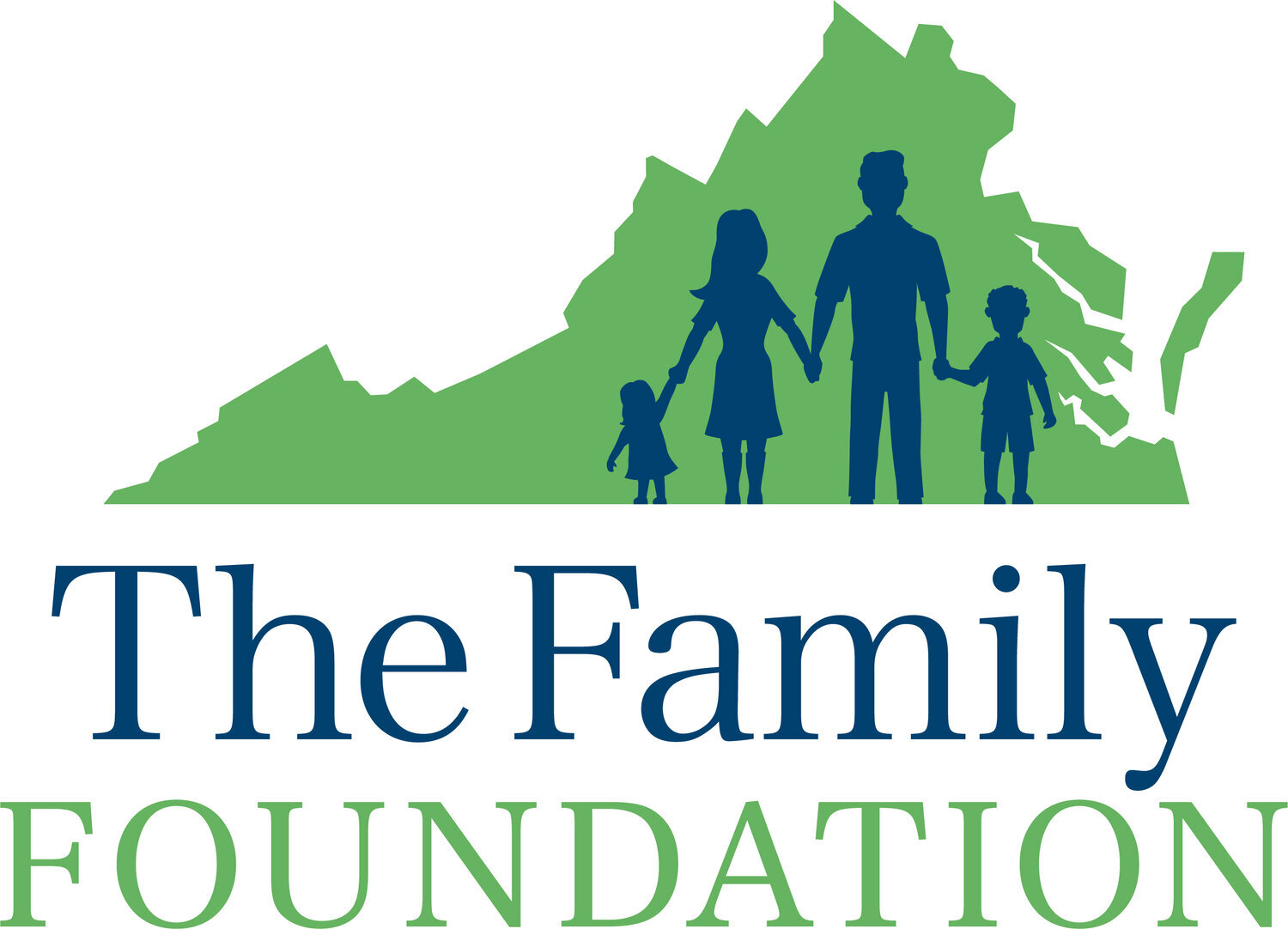“Veto Day” Recap: Not Just about Legislation!
The General Assembly reconvened last week for its one-day Reconvene “Veto” Session to consider Governor Youngkin’s amendments and vetoes to bills that were passed during the 2022 Session. The Governor used his authority to amend over 100 bills, several of which pertained to life, religious expression, and limited government. Of course, with a divided General Assembly (Republicans hold the majority in the House and the Democrats hold the majority in the Senate) the outcomes were mostly expected, though there were a few surprises.
Unfortunately, the Senate rejected important amendments to two pieces of legislation that would have eliminated language implying a right to an abortion within Virginia’s surrogacy law and expanded religious liberty and expression.
Surrogacy contracts - SB 163 prohibits a surrogacy contract from allowing the paying party to force the carrying mother to have an abortion. But during the legislative process a provision was added to the bill stating that surrogates cannot be prohibited from having an abortion, implicitly establishing a “right” to abortion within Virginia’s surrogacy law. The Governor’s amendment eliminated this added language, but the Senate voted party line 19-20 to reject his amendment, with one Senator not voting.
Religious expression - HB 1063, sponsored by freshman Delegate Irene Shin (D-Herndon), helpfully defines “religion” that is protected as “any outward expression of religious faith, including adherence to religious dressing and grooming practices and the carrying or display of religious items or symbols.” The Governor’s amendment changed the definition to “all aspects of religious observance, practice, or belief,” which conformed to Title VII of the Civil Rights Act. While the House approved the Governor’s reasonable amendment, the Senate did not, which means the original bill as passed by the General Assembly is now before the Governor either to sign or veto.
The Governor’s amendments to HB 384 (R-Davis), a bill initiated by The Family Foundation that protects public employees’ free speech at government meetings, were also rejected by the Senate after being approved by the House. This bill will protect public employees like Tanner Cross, a Loudoun County teacher who was fired for speaking against a proposed policy at his school board in his personal capacity. The Governor’s amendment that limited protections for state public employees only to comments made to a local government body, was ultimately rejected by the Senate. The version that passed the House and Senate is now before the Governor, which he can veto or sign into law.
The Senate also rejected the Governor’s amendments to legislation (HB 158, R-Byron and SB 4, R-Suetterlein) aimed at limiting the duration of executive orders during a declared state of emergency. As passed by the General Assembly, the bills limited the duration of an executive order to 45 days unless authorized by majority votes in both the Senate and House. The Governor’s amendments changed the number of days to 90 and provided for exceptions if it would interfere with federal funding or the Commonwealth of Virginia Emergency Operations Plan. Now the original bill that limits the duration of an emergency executive order to 45 days is before the Governor.
The governor now has 30 days to decide if he will sign or veto these bills as passed by both chambers into law.
While these amendments were ultimately rejected, the General Assembly did agree to some minor technical amendments to important property rights bills that we helped advocate for during the session. SB 694 (R-Obenshain) protects property owners and, when necessary, ensures their fair opportunity in court to get the just compensation they deserve; SB 666 (D-Petersen) redefines “lost profits” for the purposes of determining just compensation in eminent domain cases; and SB 9 (D-Petersen) makes changes to how attorney fees are awarded in eminent domain cases. The Governor’s amendments made sure that language within the three bills didn’t conflict with each other, and provided a fairer method for determining just compensation.
Leading up to Reconvene Day, there was considerable tension over the 26 bills vetoed by the Governor – all of which were Democrat-sponsored bills. But the General Assembly upheld every one of his vetoes, which would require a 2/3 majority vote to override.
Maybe the biggest surprise of the day, which actually had nothing to do with legislation, was the Democrat caucus’ surprising vote to remove Eileen Filler-Corn (D-Springfield) as their minority leader, just one year removed from her being the first female Speaker of the House from 2020-2021. While they did not elect a new majority leader, the Democrat caucus did vote to retain Charniele Herring (D-Alexandria) as the caucus chair, whose primary responsibility is to manage the meetings.
The last remaining work to be completed is finalizing the 2022-2024 biennium budget, which we hope will include much needed tax relief and rebates to offset the burgeoning financial challenges for many Virginians, as well as provisions that ensure tax dollars are not going towards abortion or abortion providers. The Governor convened a special session on April 4 to finish the work, but lawmakers have yet to come to an agreement. Please continue to pray that lawmakers will not only be good stewards of public funds, but find ways to help families financially.
